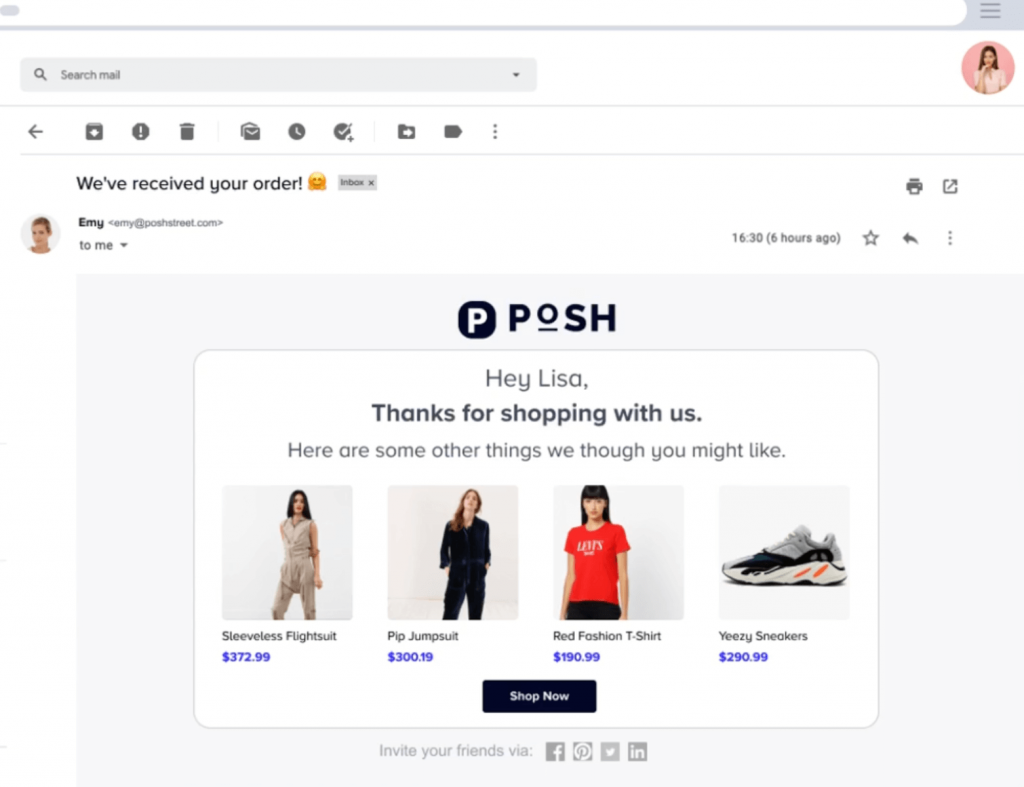In today’s digital landscape, artificial intelligence (AI) is transforming the way businesses approach marketing. From automating mundane tasks to creating personalized customer experiences, AI is not just a buzzword—it's a game-changer. Stay with us and explore how AI is reshaping digital marketing strategies.
-
Data Analysis and Predictive Analytics:
AI tools have become essential for gathering and analyzing vast amounts of data, enabling businesses to make informed decisions. Predictive analytics allows marketers to forecast consumer behaviour with remarkable accuracy. Dr. A. Markov, a leading expert in AI, states, “Predictive analytics allows marketers to be proactive rather than reactive, positioning them ahead of the curve.”
-
Personalization at Scale:
 Personalization is where AI truly shines. AI algorithms analyze user behaviour and preferences, allowing brands to deliver content that resonates on an individual level. A study by McKinsey found that personalized experiences can increase customer engagement by up to 20%. Marketers can utilize AI to:
Personalization is where AI truly shines. AI algorithms analyze user behaviour and preferences, allowing brands to deliver content that resonates on an individual level. A study by McKinsey found that personalized experiences can increase customer engagement by up to 20%. Marketers can utilize AI to:- Curate content
- Recommend products
- Customize email campaigns
-
Ethical Considerations:
With the power of data comes the responsibility of ethical usage. Brands must be transparent about how they use consumer data to maintain trust. As digital marketing strategist Sarah Thompson warns, “The line between personalization and invasion of privacy is a fine one.”
-
The Human Touch:
While AI enhances efficiency, it cannot fully replace the human touch essential for building genuine connections. Marketing consultant Jamie Chen emphasizes, “AI can provide insights, but the art of storytelling and connection still lies in the hands of humans”. In the digital world that we are living now, balancing technology with authenticity is crucial.
-
Social Media Revolution:

AI is also changing the game for social media marketing. AI tools can:
-
- Analyze trending topics
- Gauge consumer sentiment
- Craft timely, relevant posts
This real-time adaptability is vital in today’s fast-paced digital world.
-
Chatbots and Customer Service:
AI-powered chatbots are transforming customer service by handling numerous inquiries simultaneously. Gartner predicts that by 2025, 75% of customer service interactions will be AI-driven, improving efficiency and allowing human agents to focus on complex issues.
-
The Future of AI in Marketing:
As machine learning and natural language processing advance, the ability to analyze and interpret consumer data will improve. This evolution will lead to more sophisticated marketing strategies, enabling brands to engage customers innovatively.
In conclusion, the rise of AI in marketing presents both opportunities and challenges. While it offers unparalleled potential for personalization and efficiency, it also raises ethical questions that must be addressed. Brands should embrace AI tools, commit to ethical practices and keep fostering authentic connections with customers.